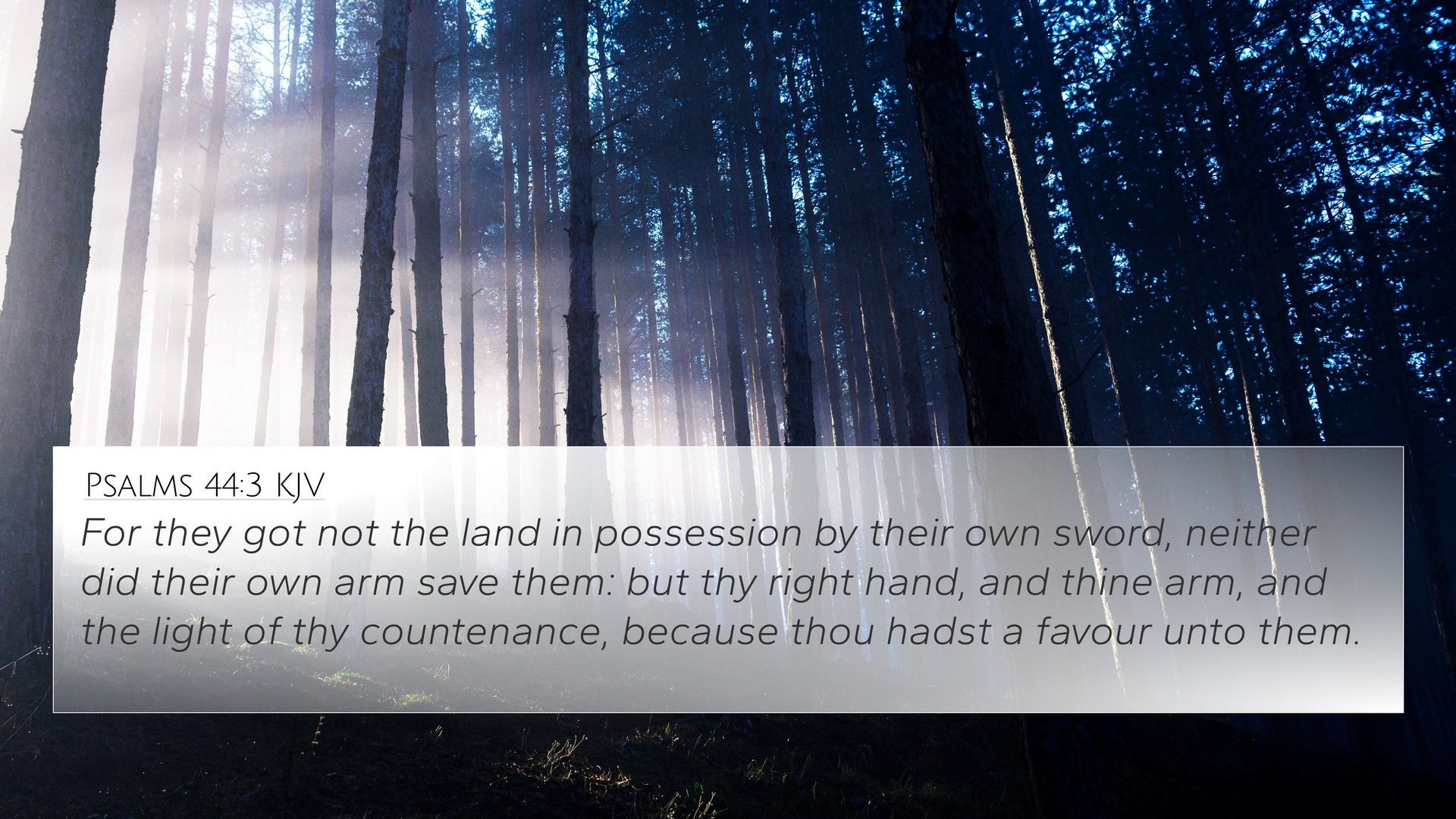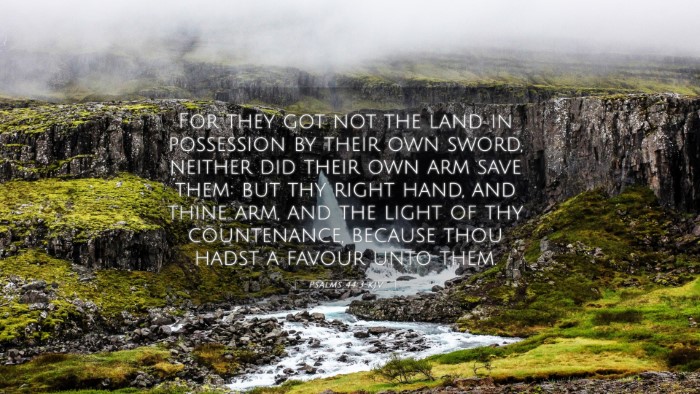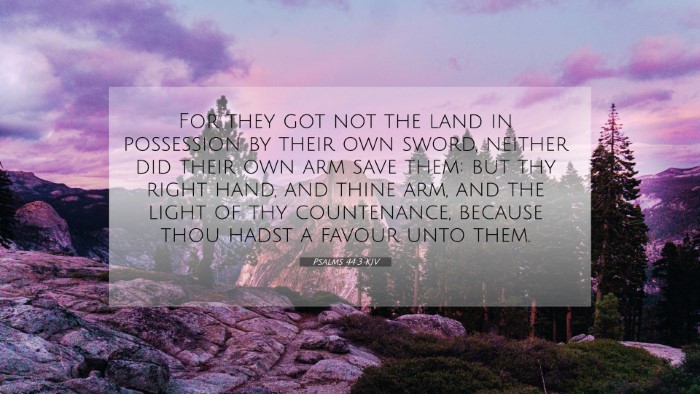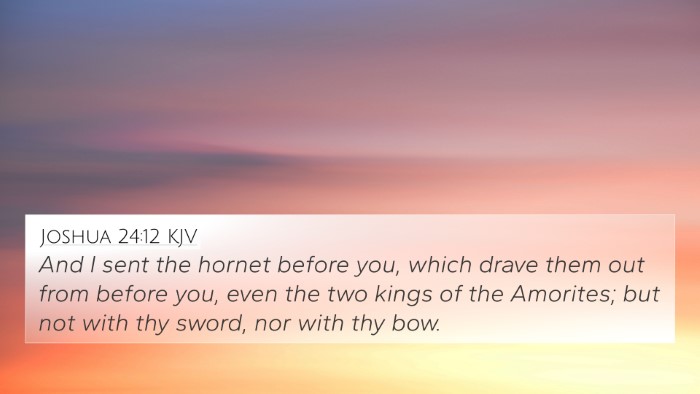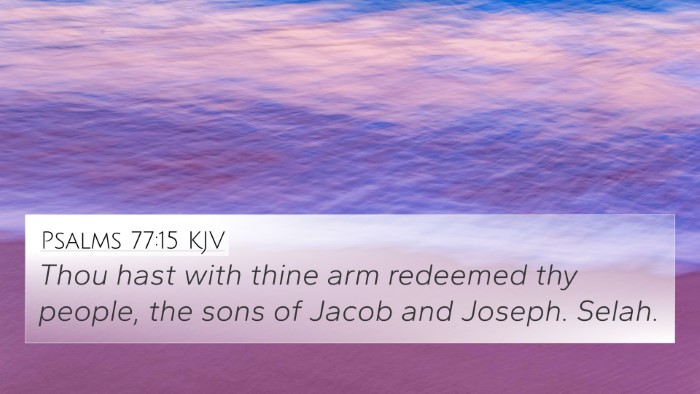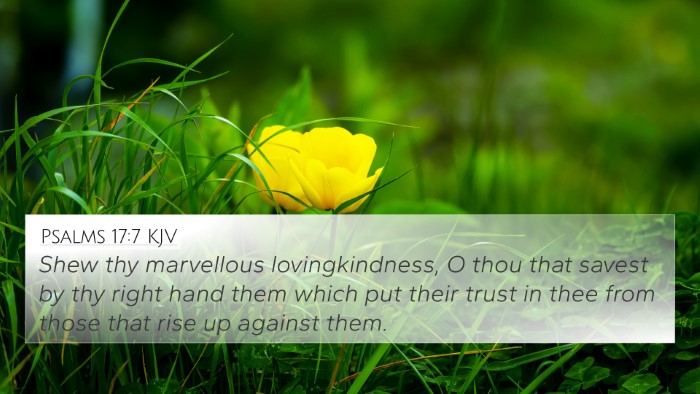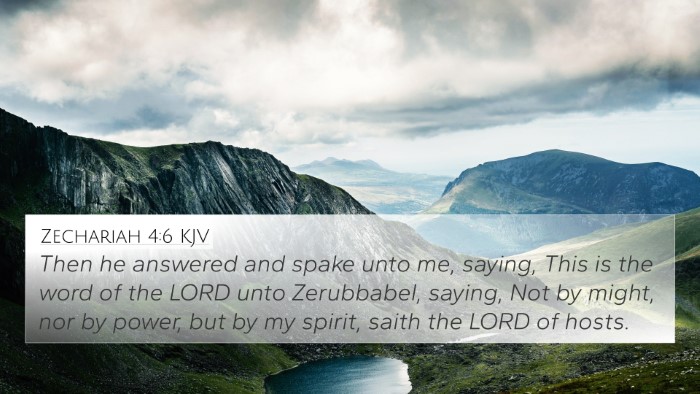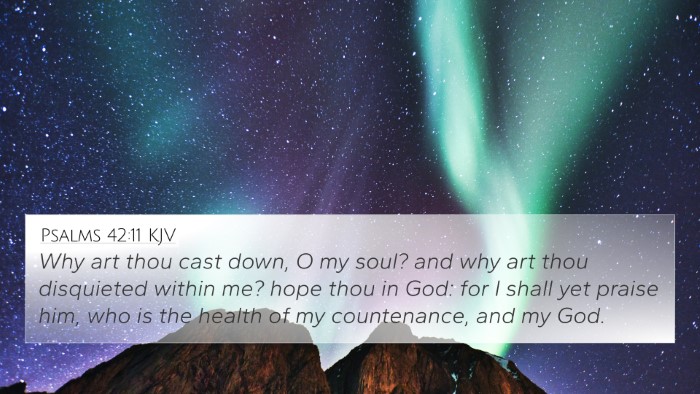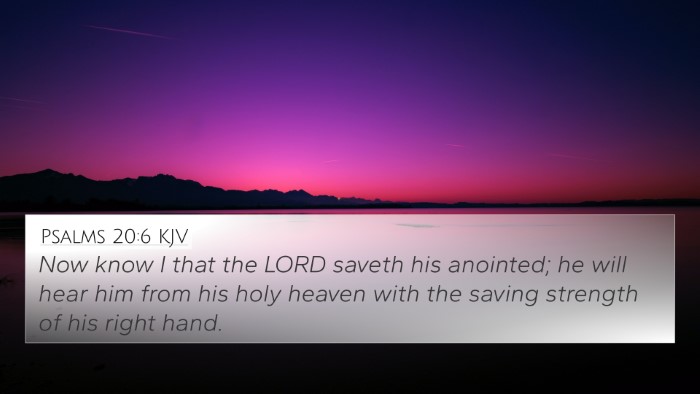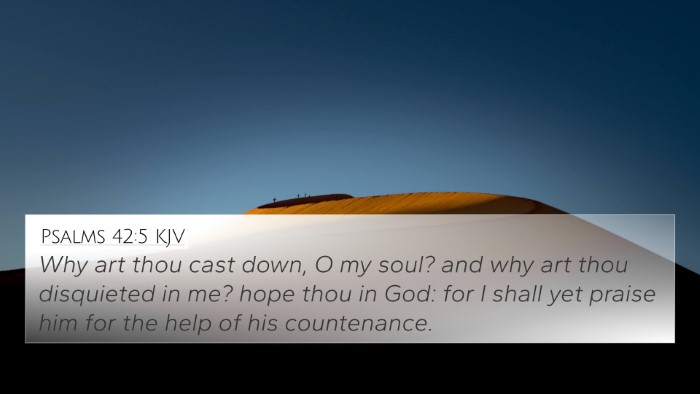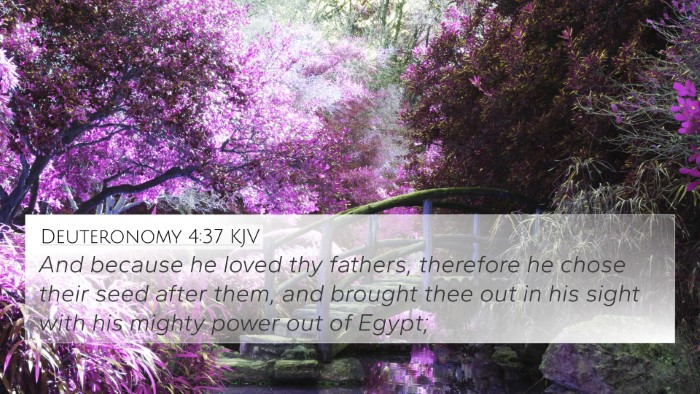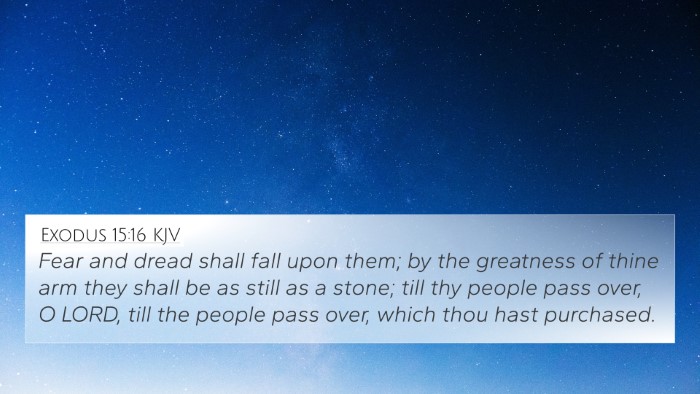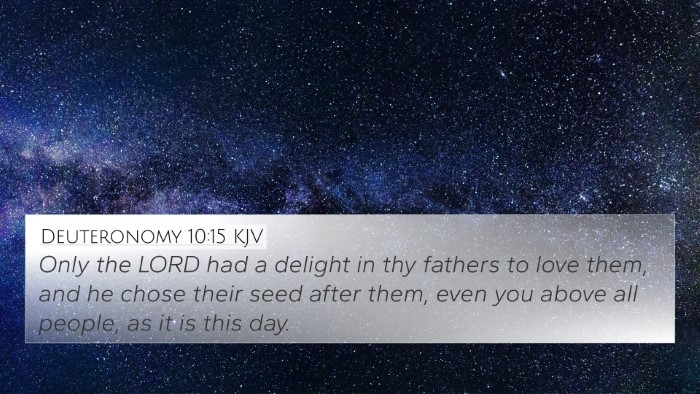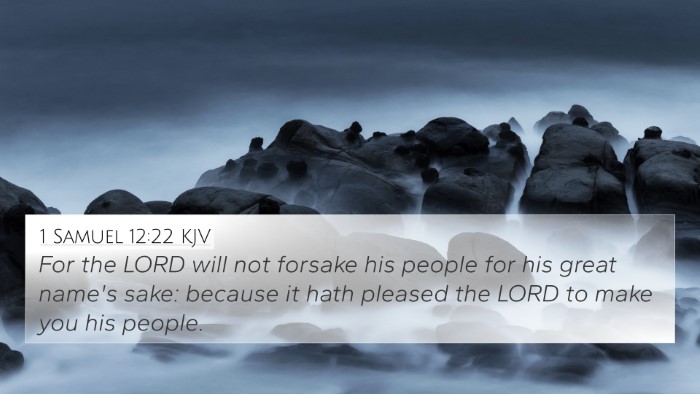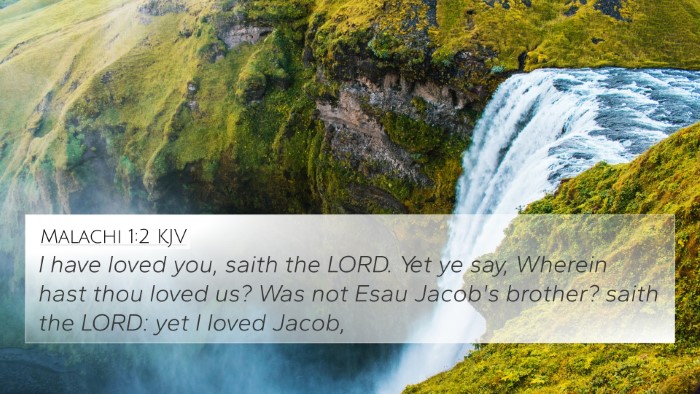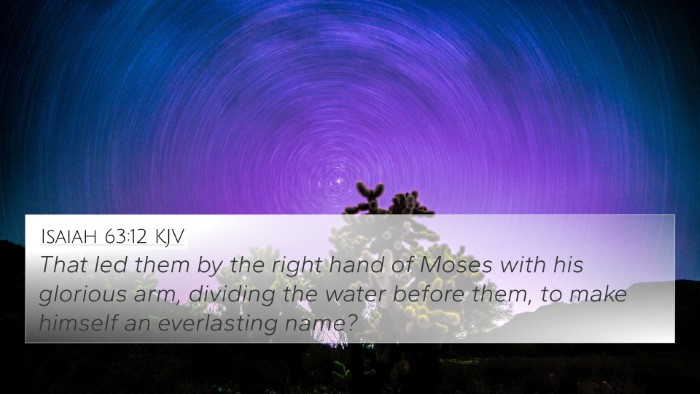Psalms 44:3: Understanding the Verse
Psalms 44:3 reads: "For they got not the land in possession by their own sword, neither did their own arm save them: but thy right hand, and thine arm, and the light of thy countenance, because thou hadst a favor unto them." This verse emphasizes divine intervention and the realization that victories often attributed to human effort are, in fact, granted by God.
Verse Meaning and Context
This Psalm is attributed to the sons of Korah and reflects on Israel’s historical conquests. The verse serves as a reminder that the successes of the Israelites in taking the Promised Land were not due to their might or prowess but due to God's favor and assistance. This theme of reliance on divine aid over human strength is prevalent in various scriptures.
Commentary Insights
- Matthew Henry: Henry highlights that the Israelites needed to trust in God’s strength rather than their own, emphasizing that the "right hand" of God is a metaphor for His power. He notes that historical battles won by Israel were ultimately orchestrated by divine providence, reinforcing the humility of recognizing God as the source of all blessings.
- Albert Barnes: Barnes suggests that the “light of thy countenance” implies God's favor and guidance. He interprets this verse as a declaration of the acknowledgment of God's role in giving them their land and cautions against pride in their own abilities. Barnes also mentions that this theme resonates throughout the Scriptures, particularly in Abraham’s experience and the conquest narratives of Joshua.
- Adam Clarke: Clarke points out the historical deliverances of Israel and affirms that God was the true warrior. He explains that the verse illustrates a profound theological truth: salvation and victory come from God alone, which can be linked to similar sentiments found in other scriptural passages.
Bible Verse Cross-References
Understanding the connections between Bible verses can greatly enhance comprehension. Here are some related verses:
- Deuteronomy 3:22: "Ye shall not fear them; for the Lord your God he shall fight for you."
- Psalm 20:7: "Some trust in chariots, and some in horses: but we will remember the name of the Lord our God."
- Isaiah 41:10: "Fear thou not; for I am with thee: be not dismayed; for I am thy God: I will strengthen thee; yea, I will help thee; yea, I will uphold thee with the right hand of my righteousness."
- 2 Chronicles 20:15: "And he said, Hearken ye, all Judah, and ye inhabitants of Jerusalem, and thou king Jehoshaphat: Thus saith the Lord unto you, Be not afraid nor dismayed by reason of this great multitude; for the battle is not yours, but God’s."
- 1 Samuel 17:47: "And all this assembly shall know that the Lord saveth not with sword and spear: for the battle is the Lord’s, and he will give you into our hands."
- Psalm 37:39-40: "But the salvation of the righteous is of the Lord: he is their strength in the time of trouble. And the Lord shall help them, and deliver them: he shall deliver them from the wicked, and save them, because they trust in him."
- Hebrews 11:33-34: "Who through faith subdued kingdoms, wrought righteousness, obtained promises, stopped the mouths of lions, quenched the violence of fire, escaped the edge of the sword, out of weakness were made strong..."
Thematic Connections
This verse illustrates several themes:
- Faith in divine providence vs. reliance on personal strength.
- The significance of God’s favor in the journeys of faith.
- The recognition of God's historical workings in the lives of His people.
- The transition from human effort to trusting in God’s deliverance.
Cross-Referencing Bible Texts
Utilizing tools for Bible cross-referencing can help elucidate deeper meanings. By exploring connections with passages like Isaiah 63:9 ("In all their affliction he was afflicted, and the angel of his presence saved them") and Ephesians 2:8-9 ("For by grace are ye saved through faith; and that not of yourselves: it is the gift of God"), readers can comprehend the overarching narrative of God’s saving grace throughout the Scriptures.
For those interested in studying the links between the Old and New Testaments, consider how the Psalms often prefigure New Testament themes of redemption and reliance on God. The inter-Biblical dialogue enriches understanding by linking the reassurance found in Psalms with the New Testament affirmations of God's continual guidance and support.
Conclusion
Ultimately, Psalms 44:3 serves as a profound reminder of the necessity of recognizing God’s hand in our circumstances. This acknowledgment leads to humility and reverence, which are central to a faith-filled life. By cross-referencing this verse with others, believers can gain a more comprehensive understanding of God's character and His unyielding presence in times of need.
